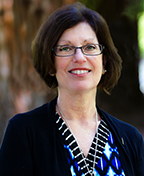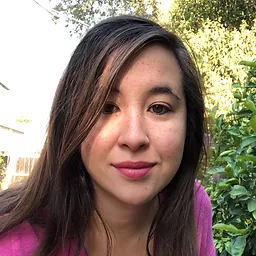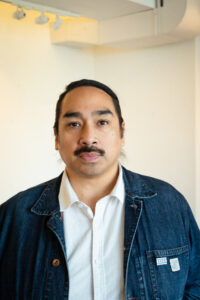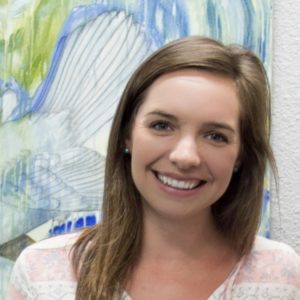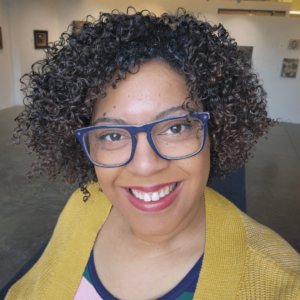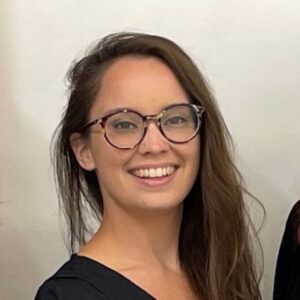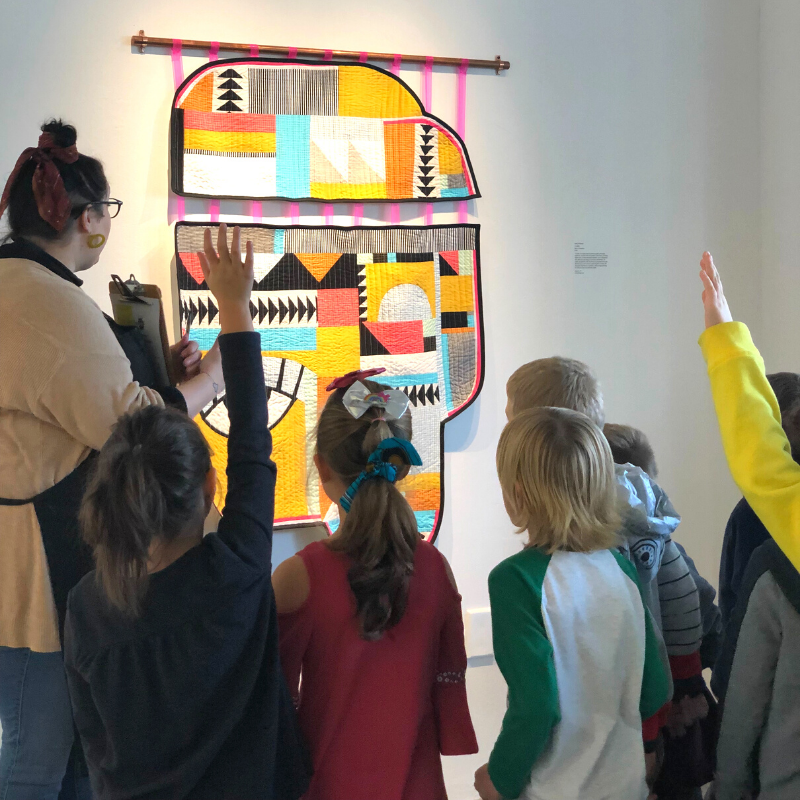History
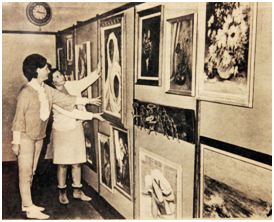
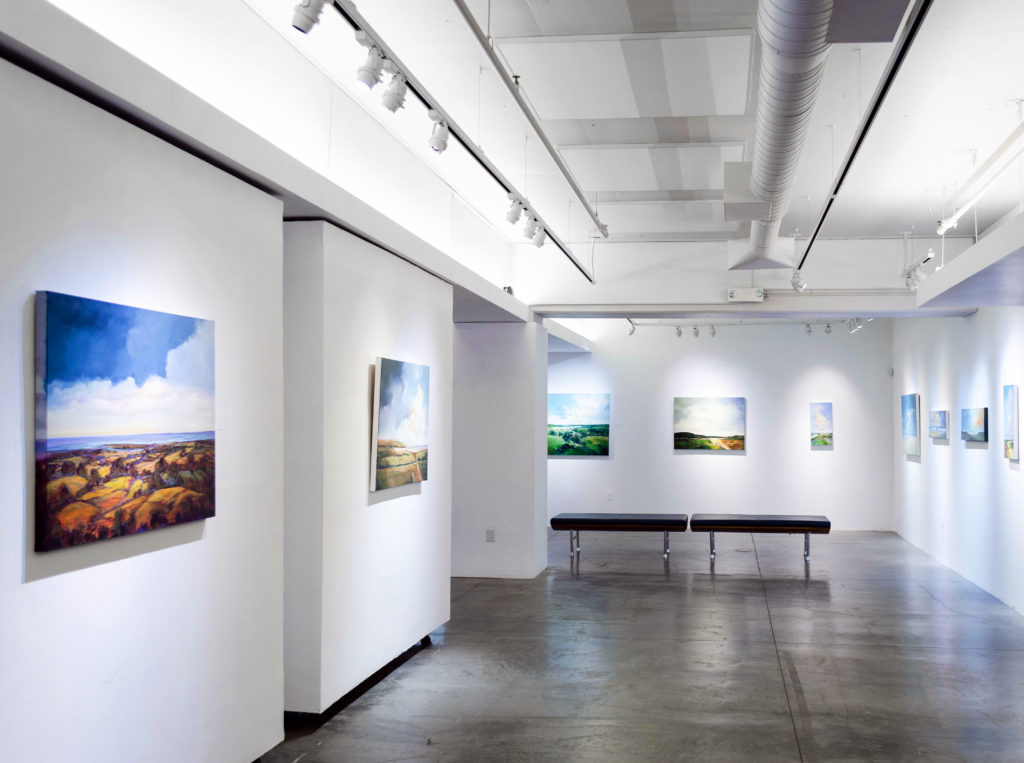
Community
On February 1st, 1966, the Roseville Community Projects Incorporated (now Blue Line Arts) held its first outreach exhibit in an old Bank of America building in Downtown Roseville, directed by David Fiddyment, the first Board President. With the help of devoted board members, volunteers, and donors, the organization has grown over the years, still holding true to its original intent: to support the arts.Creativity
The Roseville Community Projects Incorporated bought the Haman House in 1974 to house the Roseville Arts Center. For the next 30 years, this center created exhibitions supporting visual and performing arts in the community. With the dramatic growth in Placer County at the turn of this new century, the Blue Line Arts board of directors recognized a need for change in order to successfully continue its mission. In 2003, the Board of Directors decided that the art center needed its own home in order to grow.Growth
In February 2008, after selling its former facility and completing a successful capital campaign, the newly-dubbed Roseville Arts opened its new, state-of-the-art gallery, known now as Blue Line Arts. This new 5,000 square-foot facility allowed for exhibition space for established and emerging artists, as well as an education space for children and adults. The organization underwent yet another name change in February of 2013 to coincide with the 5 year anniversary of the creation of the new gallery; changing from “Blue Line Gallery” to “Blue Line Arts,” this change is not only to provide more opportunities to residents of Placer County, but it is also an effort to return to the original mission of the Roseville Arts Center.Since its inception in 1966, Blue Line Arts has been a driving force in enriching the cultural fabric of Placer County and beyond. By passionately celebrating artists and engaging art enthusiasts, Blue Line Arts fosters powerful collaborations among art supporters. This dedication significantly impacts the future of arts education, empowering individuals to enhance their lives with the transformative beauty of art.
Who we are
We embrace the transformative power of the arts to forge a vibrant community of artists and art enthusiasts, empowering design and arts education throughout Placer County and the Greater Sacramento Region. Together, we create art that inspires and connects us all.
Meet the Board of Directors
Meet the Team
What we Believe
Statement On Cultural Equity
To support a full creative life for all, Blue Line Arts commits to championing policies and practices of cultural equity that empower a just, inclusive and equitable nation.
Cultural equity embodies the values, policies, and practices that ensure that all people—including but not limited to those who have been historically underrepresented based on race/ethnicity, age, disability, sexual orientation, gender, gender identity, socioeconomic status, geography, citizenship status, or religion—are represented in the development of arts policy; the support of artists; the nurturing of accessible, thriving venues for expression; and the fair distribution of programmatic, financial, and informational resources.
- In the United States, there are systems of power that grant privilege and access unequally such that inequity and injustice result, and that must be continuously addressed and changed.
- Cultural equity is critical to the long-term viability of the arts sector.
- We must all hold ourselves accountable, because acknowledging and challenging our inequities and working in partnership is how we will make change happen.
- Everyone deserves equal access to a full, vibrant creative life, which is essential to a healthy and democratic society.
- The prominent presence of artists challenges inequities and encourages alternatives.
To provide informed, authentic leadership for cultural equity, we strive to…
- Pursue cultural consciousness throughout our organization through substantive learning and formal, transparent policies.
- Acknowledge and dismantle any inequities within our policies, systems, programs, and services, and report organization progress.
- Commit time and resources to cultivate more diverse perspectives within the organization.
To pursue needed systemic change related to equity, we strive to…
- Encourage substantive learning to build cultural consciousness and to proliferate pro-equity policies and practices by all of our constituencies and audiences.
- Generate and aggregate quantitative and qualitative research related to equity to make incremental, measurable progress towards cultural equity more visible.
- Advocate for public and private-sector policy that promotes cultural equity.
Freedom of Speech Commitment
Freedom of speech is the foundation of our communities and our nation. The works in this institution’s exhibits may awe, illuminate, challenge, unsettle, confound, provoke, and, at times, offend. We defend the freedom to create content and exhibit such work from anywhere in the world, and we recognize the privilege of living in a country where creating, exhibiting, and experiencing such work is a constitutional right.
To exhibit a work of art is not to endorse the work or the vision, ideas, and opinions of the artist. It is to uphold the right of all to experience diverse visions and views. If and when controversies arise from the exhibition of a work of art, we welcome public discussion and debate with the belief that such discussion is integral to the experience of the art. Consistent with our fundamental commitment to freedom of speech, however, we will not censor exhibitions in response to political or ideological pressure.
Land Acknowledgement
With respect, we acknowledge the location of Blue Line Arts as the traditional and unceded land of the Nisenan and Miwok peoples. We ask you to join us in acknowledging the United Auburn Indian Community and other local tribes, their elders both past and present, as well as future generations. Blue Line Arts also acknowledges that it was founded upon exclusions and erasures of many Indigenous peoples, including those on whose land this institution is located. This acknowledgement demonstrates a commitment to beginning the process of working to dismantle the ongoing legacies of settler colonialism.




